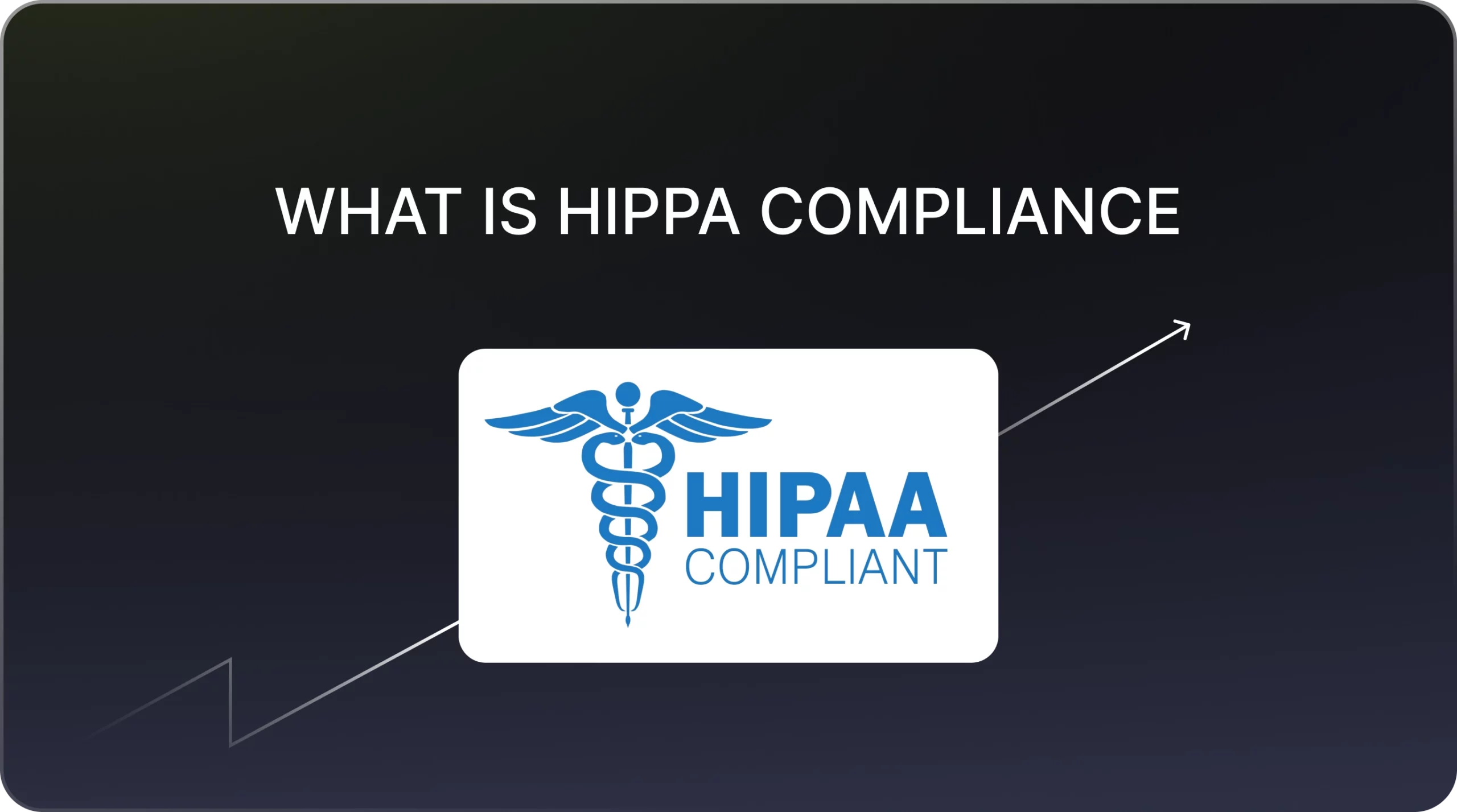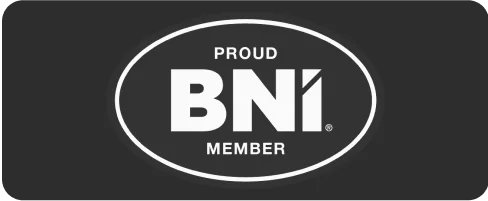The Health Insurance Portability and Accountability Act (HIPAA) is a federal law that sets standards for the protection of personal health information. HIPAA applies to a wide range of organizations, including healthcare providers, insurance companies, and healthcare clearinghouses, that handle protected health information (PHI).
HIPAA requires these organizations to implement safeguards to protect the privacy and security of PHI and to provide individuals with certain rights with respect to their health information. HIPAA also imposes penalties for noncompliance, including fines and criminal charges.
To comply with HIPAA, organizations must have in place physical, technical, and administrative safeguards to protect PHI. These safeguards include measures such as:
- Implementing secure communication methods, such as encrypted email and secure messaging, to transmit PHI
- Using secure storage systems, such as encrypted databases and secure file servers, to store PHI
- Implementing access controls to restrict access to PHI to authorized personnel only
- Regularly updating and patching systems and applications to address known vulnerabilities
- Conducting security risk assessments to identify potential vulnerabilities and implement corrective action
In addition to these safeguards, HIPAA also requires organizations to implement policies and procedures to protect PHI and to train employees on HIPAA compliance.
Individuals covered by HIPAA have certain rights with respect to their health information, including the right to request a copy of their health records and the right to request corrections to their records. HIPAA also requires organizations to provide individuals with notice of their privacy rights and to follow certain procedures when using or disclosing PHI for purposes other than treatment, payment, or healthcare operations.
HIPAA compliance is essential for protecting the privacy and security of personal health information. By implementing the appropriate safeguards and following the requirements of HIPAA, organizations can help ensure that individuals’ health information is kept confidential and secure.



